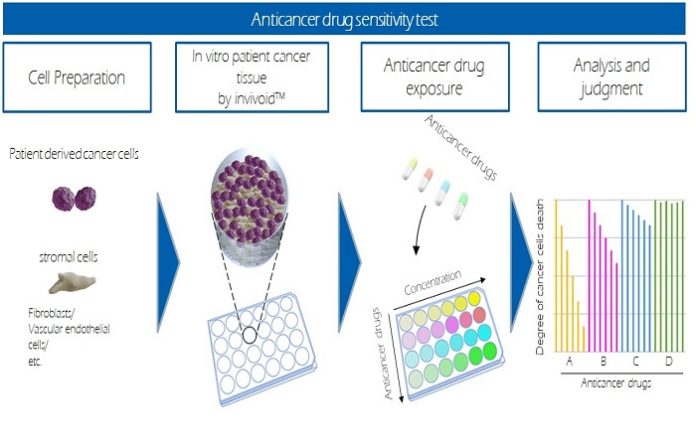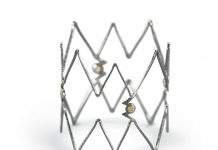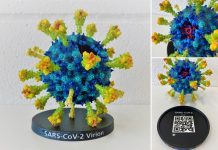In collaboration with the Graduate School of Engineering at Osaka University, the Japanese Foundation for Cancer Research (JFCR), a world-class facility for cancer research and diagnosis/treatment, and Toppan will start a clinical research project to reduce the physical and economic risks caused by unnecessary administration of anticancer drugs.
This will be done by using invivoid, a 3D cell culture technology using proprietary biomaterials jointly developed by Toppan and professor Michiya Matsusaki of the Graduate School of Engineering. It will create a large number of cancer avatars of patients, expose the cancer avatars to multiple anticancer drugs, and thereby will evaluate the efficacy of the drugs.
JFCR and Toppan established a laboratory for joint research on cancer in 2019 within JFCR’s Cancer Chemotherapy Center and have been conducting research on the evaluation of anticancer drugs using invivoid 3D cell culture technology. Now, in preparation for the start of clinical research, the contract for the establishment of a joint laboratory between JFCR and Toppan has been extended until March 2026. The joint research agreement between the three parties, including Osaka University, has also been extended until the same date.
As the diagnosis and treatment of cancer continue to advance, various cancers and cancer-related genes are being elucidated and identified in the field of basic research. At the same time, the “comprehensive genome profile test” is covered by health insurance in Japan as a treatment selection test for anticancer drugs, but only a small percentage (less than 10%) of patients can receive medication that matches their genetic mutation. With this in mind, JFCR and Toppan are moving forward with joint research on an anticancer drug evaluation tool that utilizes invivoid.
In 2019, they conducted a comparative verification between cancer cells produced using invivoid and a mouse xenograft model, in which patient-derived cancer cells, established from samples (residual samples of surgically removed tumors) with patients’ consent, are transplanted into mice.
A total of 58 drugs were evaluated on cells derived from 20 cases of cancer, and the agreement rate between invivoid and mouse models was 87.5%, with a positive predictive value of 88.9%, negative predictive value of 86.4%, the sensitivity of 91.4%, and specificity of 82.6%, which are better results than conventional 2D and 3D cell culture in every accuracy index. The results were presented at the American Cancer Society meeting in Florida in April 2023 (April 14-19).
Based on these results, JFCR, Toppan, and Osaka University, will begin the clinical research.
Roles
- JFCR: Planning and conducting a clinical study to investigate drug sensitivity in patients with colorectal cancer
- Osaka University: Improvement of invivoid in cancer patient tissue culture from a tissue engineering perspective
- Toppan: Using invivoid to create three-dimensional tissue that mimics the cancer microenvironment of colorectal cancer patients
Future goals
JFCR, Toppan and Osaka University aim to start a clinical study to determine the efficacy of anticancer drugs using invivoid by September 2023. Through this clinical research, they also aim for early clinical introduction, including advanced medical treatment, toward the realization of personalized cancer care.









